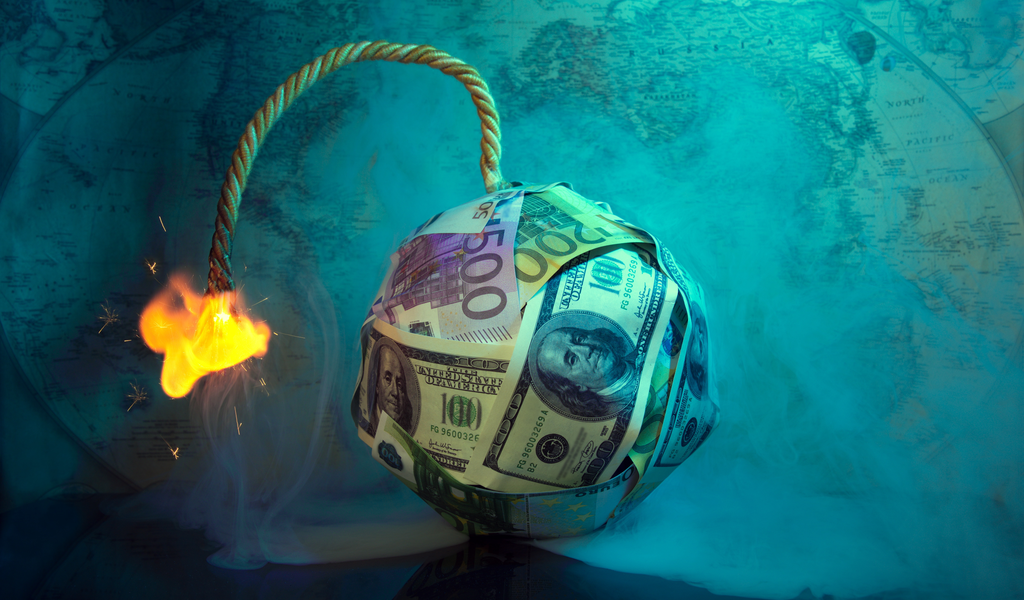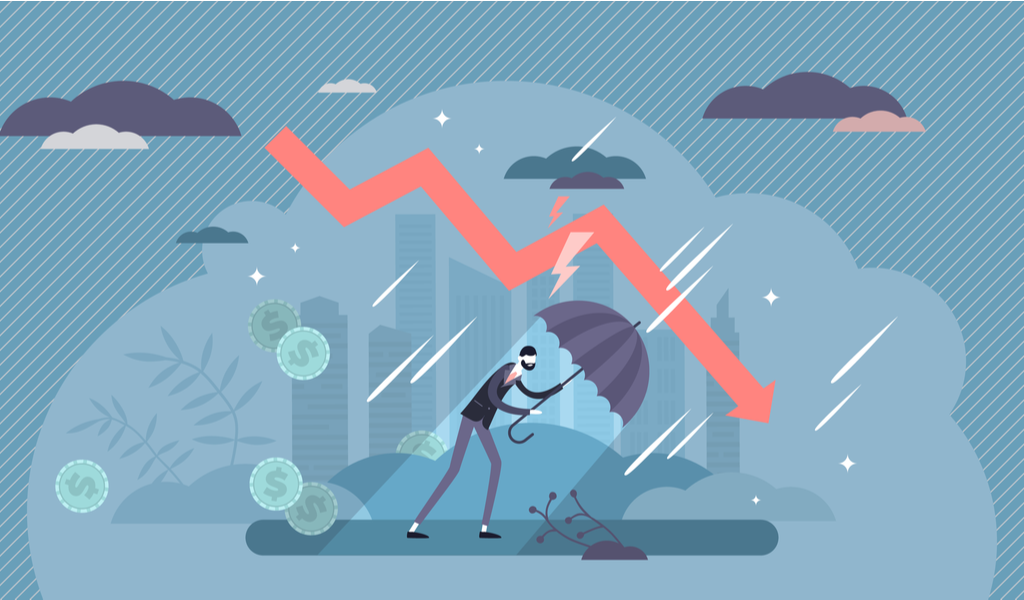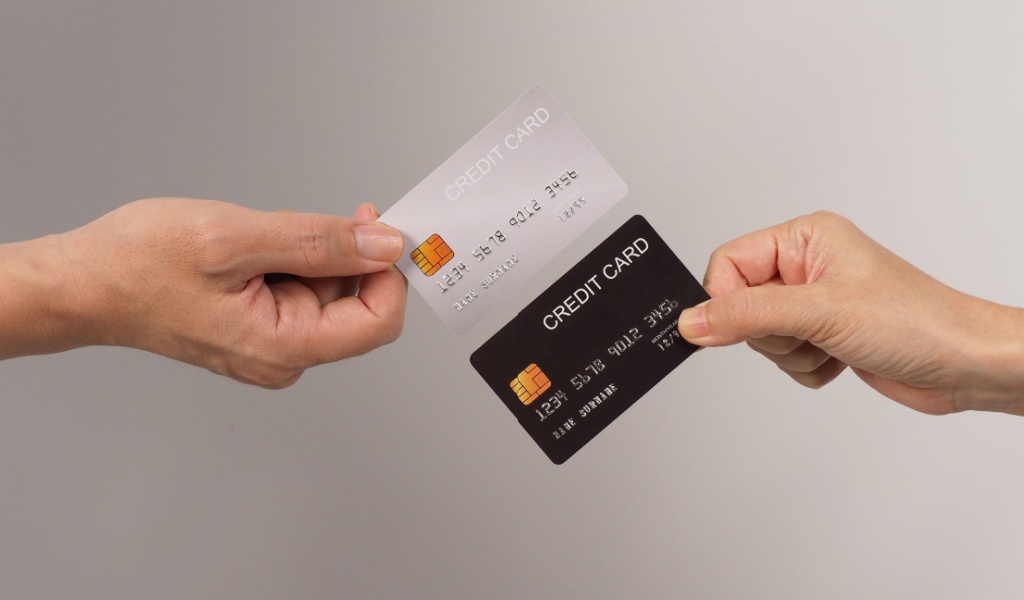When the economy is facing a downturn, you need to be extra careful of how you handle your personal finance and lifestyle choices. Now is not the time to take risks with your income or spending!
A recession has been known to negatively impact a person’s income and wealth, but that doesn’t have to always be the case. You can prevent a loss in your personal finance by being prepared and reducing risk. There are certain things that you should do during a recession to ensure that your wealth and income are protected, including making contingency plans for if and when they are.

As much as it is important that you do certain things in a recession, there are some things that you absolutely shouldn’t! Here are some of the things that you should not do during a recession:
Becoming a Cosigner
Cosigning a loan is a pretty risky financial move even in the best of times, so you should avoid it at all costs during an economic downturn. If you cosign a loan, you are essentially on the hook for the life of that loan. If the cosigner doesn’t make the scheduled payments or loses his job (which is quite common during a recession), it would be your responsibility to pay it back. And what if you lose your job?
If you really want to help them out, consider other ways of helping the person out, such as assisting with a down payment. In case you find cosigning absolutely unavoidable because you want to help a friend or family out, the best practice would be to set aside some money as a cushion in case you do end up liable.
Taking out an Adjustable-Rate Mortgage
People are offered Adjustable-Rate Mortgages (ARM) when purchasing a home, and this can seem attractive during times when interest rates are low since monthly payments will also below. However, keep in mind that interest rates are generally low during a recession, so it may not always stay that way.
As the economy picks up, so will the interest rate. In case you have lost your job during the recession, this could possibly leave you floundering in the future. This could lead to late or non-payments, which could lead to an adverse effect on your credit rating (making it hard for you to borrow in the future), extra charges, or even home foreclosures!
If you are set on purchasing a home during a recession, make sure to lock in a lower fixed rate on mortgage finance. However, you would only be eligible for this if you have good credit as requirements are often strict, especially during an early recession when interest rates fall. Even still, it’s not advisable to take on new debt unless you see signs of the economy recovering in the near future.
Taking on New Debt
Getting a car loan, home loan, or student debt might not seem like a big deal when the economy is thriving – you have a good job, your investments are flourishing, and you have plenty of income to meet these demands. However, that is not the case during a recession.
If you are considering adding debt to your financial situation during an economic downturn, you should be conscious of the fact that it is a massive risk. You could lose your job or end up taking one that pays less – which means you won’t be able to make your debt payments as before. In the worst-case scenario, this could even lead to bankruptcy! The best thing to do would be to wait for the economy to recover before committing to big purchases, or pay cash if you can.
Taking Your Job for Granted
A recession affects everyone from the common man to large corporations, so you cannot assume that your job is safe just because you work in one. Companies also look to cut down costs wherever they can, and this could through practices like reducing operating expenses, cutting dividends, holding off raises, or even firing some workers!
Losing your job is one of the biggest things you should worry about in a recession, keeping in mind that finding another isn’t as easy in the current climate. So, you should do whatever you can to make sure you keep yours. This may include coming to work early, being as productive as possible, taking initiative, working longer hours, etc. While doing these does not guarantee that you won’t get fired, it does help your case when your employer is considering who to let off. After all, it makes more sense for them to cut marginal workers than to reduce the hours or wages of their more productive employees.
Investing in Your Business
If you are a business owner, investing in and growing your business is one thing you would and should always be thinking about. But a recession is not the time to make risky bets – you’d be better off hitting a pause on your plans to grow until the economy starts recovering.
It may seem like a good idea to borrow and invest in your business during an early recession as interest rates are low. But considering that sales and income fall during such a time, is that really a good idea? Sure, extra floor space or better machinery will still be there when the recession ends, but in the meantime, you would have to deal with lower monthly income and an added debt payment – which isn’t too favorable if you think about it.
Hold off for a little while instead, at least until the economy starts to show signs of picking up again. Labor costs for new hires would still be considerably lower and capital purchases may also cost less at this time. Interest rates also begin rising, but they may not be as high as they are during peak economic times, so you could still get a good deal.

The Bottom Line
An economic downturn doesn’t mean you shouldn’t spend on anything or take risks, but it does mean that you should pay extra attention to your financial choices and consider the bigger picture when making such decisions.
There are things that you could do to ensure that your finances are protected even when the economy isn’t doing so well. This includes practices like creating and maintaining a realistic budget, having an emergency fund, and taking on additional sources of income, to name a few. If you play your cards right, you can “recession-proof” your life!



